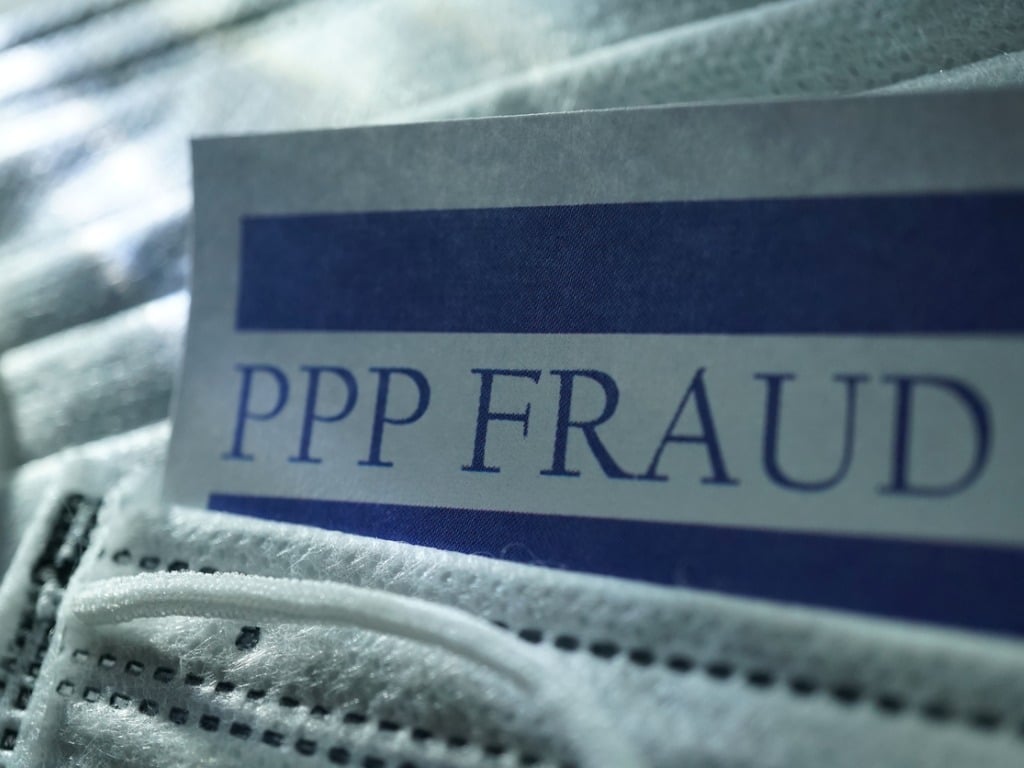During the week of February 7, the U.S. Department of Justice announced three False Claims Act settlements that each stemmed from qui tam whistleblower lawsuits. Two cases involve the Paycheck Protection Program (PPP), while the other case originates from the healthcare field.
The qui tam provisions of the False Claims Act enables private citizens to file lawsuits on behalf of the government if they know of an individual or company defrauding the government. Qui tam whistleblowers are eligible to receive between 15 and 30% of the government’s recovery, if one occurs.
Catholic Medical Center
New Hampshire-based hospital Catholic Medical Center (CMC) will pay $3.8 million to resolve allegations of violating the False Claims Act’s Anti-Kickback Statute. The settlement resolves allegations brought by David Goldberg, M.D., in a whistleblower lawsuit. Goldberg is a former employee of CMC.
The settlement agreement states that the government alleged CMC “paid its own cardiologists to cover for, and to be available to provide medical services for, another cardiologist’s patients when she was on vacation or otherwise unavailable.” Allegedly, “CMC provided these call coverage services at no charge. The cardiologist who received the free call coverage referred millions of dollars in medical procedures and services to CMC over the decade in which the free services were provided.”
The press release states: “Because CMC submitted claims for payment to Medicare, Medicaid, and other federal health care programs for the services referred by the cardiologist, the United States alleged that these claims were the result of unlawful kickbacks.” The Anti-Kickback Statute aims to ensure that patients are receiving the best possible care without monetary incentives or influences. Thus, medical kickback schemes can cause patients’ trust in the medical system to deteriorate.
Goldberg, the whistleblower who brought the lawsuit, “will receive a portion of the settlement amount.” The press release notes that “CMC did not admit liability as part of this settlement agreement.”
Christopher Construction Company Inc.
Christopher Construction Company Inc., a construction company based in New Jersey, along with one of the company’s owners Dennis Christopher, will pay $53,325 in damages and civil penalties for falsely certifying information on a PPP loan application. The PPP was a loan program established by the CARES Act; it was designed to help small businesses support their employees and recoup losses during the COVID-19 pandemic. The program ended on May 31, 2021.
According to the press release, Christopher Construction Company and Dennis Christopher “applied for and received a PPP loan totaling $255,507. Christopher, on behalf of the Company, falsely certified in the PPP application that neither the Company nor any individual owning 20 percent or more of its equity was subject to an indictment or other criminal charges.” The press release states that Christopher knew at the time he completed the loan application “that another owner of the Company was subject to a criminal indictment.” The Company’s PPP loan application was approved, and the Small Business Administration had “to pay a loan processing fee to the lender and to guarantee the loan through the PPP.”
The Company did repay the amount it received as a PPP loan. Additionally, the Company and Christopher will “pay $53,325 in damages and civil penalties.” The press release states that this settlement resolves a qui tam whistleblower lawsuit but did not elaborate on who the whistleblower is or if they will be receiving a whistleblower award.
Zen Solutions, Inc.
Virginia-based company Zen Solutions, Inc., a staffing company that offers services “in the fields of information technology, data analytics, cyber security and litigation support,” will pay $31,000 to settle allegations that it violated the False Claims Act. The DOJ press release states that Zen Solutions allegedly “applied for and received a second, duplicative PPP loan in 2020.” The settlement relieves the Small Business Administration “of liability to the lender for the federal guaranty of approximately $192,000 on the improper loan.”
This settlement resolves allegations that were brought in a civil lawsuit by J. Bryan Quesenberry. Quesenberry “will receive a share of the recovery,” according to the press release.
The False Claims Act in 2021
The DOJ’s recently released data from FY 2021 about the False Claims Act described healthcare fraud as “once again the leading source of the department’s False Claims Act settlements and judgements.” Additionally, the DOJ dubbed fraud related to COVID-19-related relief programs as another area of focus since the pandemic began. Read a breakdown of notable False Claims Act cases from 2021 here.
In FY 2021, whistleblowers helped the DOJ recover $1.6 billion in settlements; however, “the DOJ only paid out $237 million to whistleblowers, the lowest single-year total since FY 2008,” WNN reports. Whistleblower attorney Stephen M. Kohn said that the FY 2021 totals “reflect a troubling trend in recent years…The DOJ has begun to treat whistleblowers like second-class citizens. It routinely throws out strong whistleblower cases without just cause. While the SEC and CFTC are making great strides forward with their whistleblower programs, the Justice Department is in reverse.” Read the full article about the False Claims Act in FY 2021 here.
